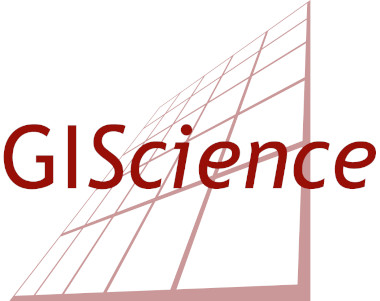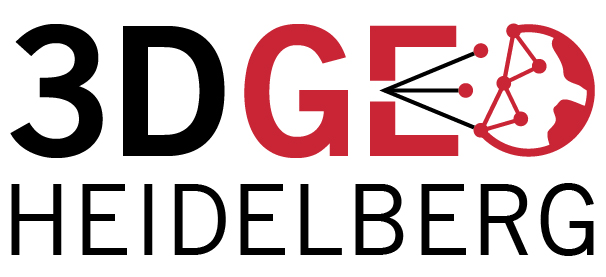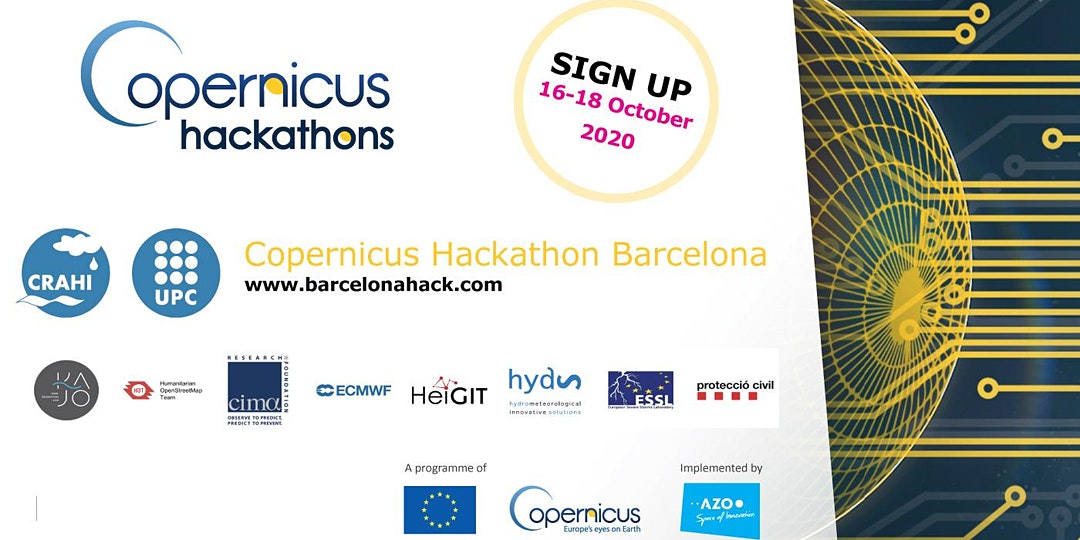On October 16-18 there is the Copernicus Hackathon “Barcelona” –
Integrating Copernicus services and state-of-the-art tools within Weather-induced emergency management
Integrating Copernicus services and state-of-the-art tools within Weather-induced emergency management
About this Event
Copernicus Hackathon Barcelona is open for developers, designers, data wranglers, data journalists, data enthusiasts and everyone interested in exploiting potential of cutting edge developments in weather forecasting, risk modelling and earth observation in improved information and services for emergency management and population to protect their lives.
Participants are requested to use the provided tools and datasets in order deliver software developments supposing added value downstream services, such as:
- Develop web applications for policy- and decision-makers.
- Apps & services for specific public and commercial needs (e.g. tourism, energy, transport).
- Effective communication of risks (environmental or societal challenges) to the public (participatory approach, crowdsourcing and social media data).
Copernicus services provided:
- Emergency Management,
- Climate Change,
- Atmosphere
Prizes:
The best teams will be awarded the following prices at the end of the Hackathon:
- Cash prize (2000 euro) for the winning team.
- Cash prize (1250 euro) for the 2nd best qualified team.
- Cash prize (750 euro) for the 3rd best qualified team.
Further Information: https://barcelonahack.com/
Here is the registration link : https://www.eventbrite.co.uk/e/copernicus-hackathon-barcelona-registration-93293841391
twitter: https://twitter.com/BarcelonaHack



